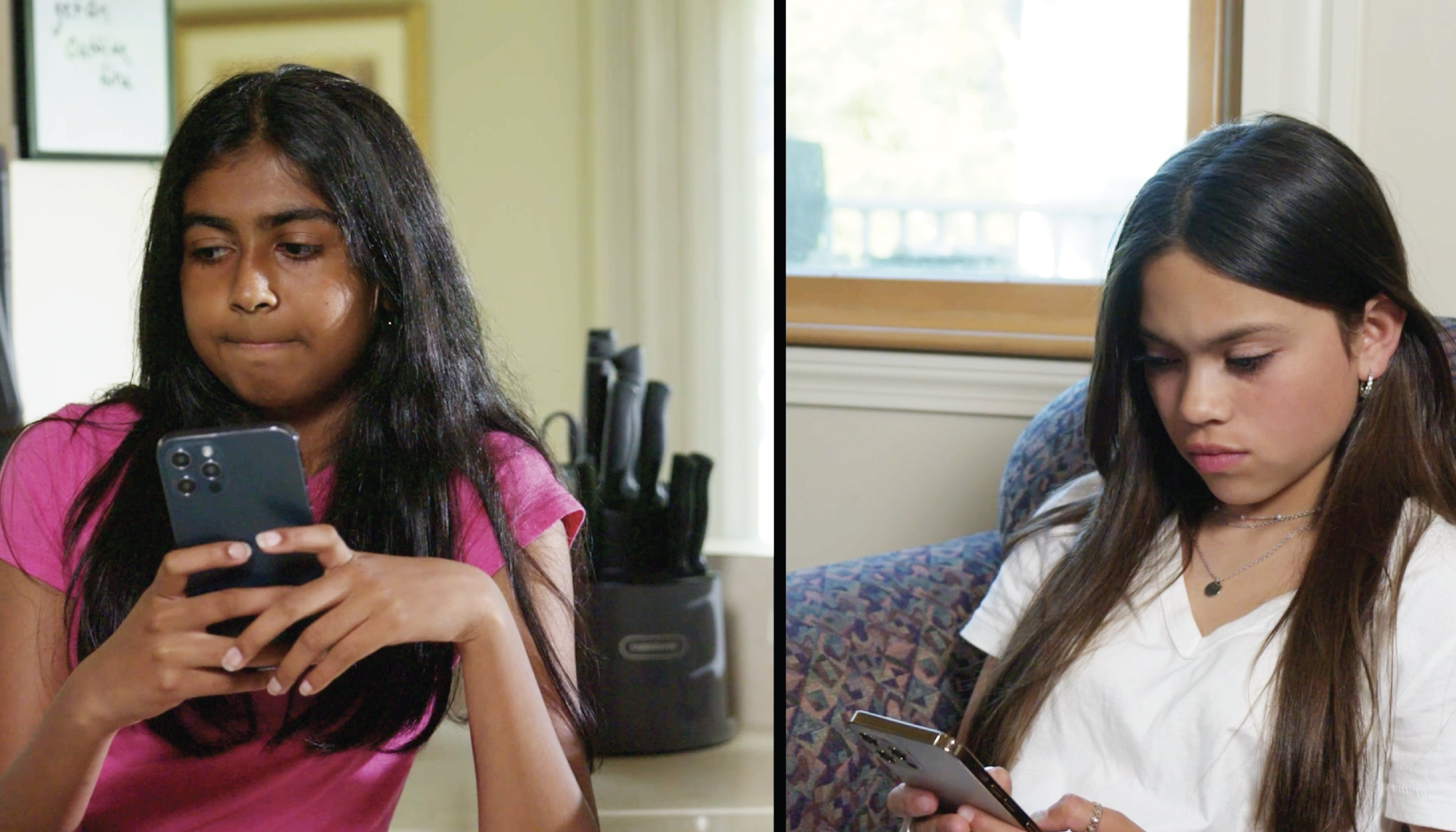Introduction
Texting is a popular, convenient, and enjoyable way to communicate with friends and family. However, understanding the meaning of text messages can sometimes be challenging, especially for students in special education. When we’re texting, we don’t have access to the same context clues we use in person, such as body language, facial expressions, and tone of voice. This absence of context can lead to miscommunications, causing confusion or distress.
A miscommunication occurs when a person’s message is interpreted differently than they intended. Learning how to avoid miscommunication in text messages is an important aspect of social-emotional learning. In this blog post, we will discuss an easy, no-prep activity for educators to help their students better understand and navigate miscommunication in text messages.
No-Prep Activity: Text Message Scenarios
This activity requires no preparation or materials from the educator. The goal is to help students practice interpreting text messages and understanding possible miscommunications. Here’s how to conduct the activity:
- Ask students to pair up or form small groups.
- Provide each pair or group with a few different text message scenarios. These can be written on the board or verbally presented. Examples of scenarios include:
- Text message: “Can’t hang out, sorry.”
- Text message: “Why didn’t you come to my party?”
- Text message: “I don’t care.”
- Ask students to discuss the possible meanings and emotions behind each text message. Encourage them to consider different perspectives and how the message could be misinterpreted.
- After a few minutes of discussion, bring the class back together and ask each group to share their interpretations. Highlight the importance of context and how the lack of it in text messages can lead to misunderstandings.
Discussion Questions
Here are some questions to stimulate further discussion and reflection among your students:
- Can you think of a time when you misinterpreted a text message? How did it make you feel, and how did you resolve the situation?
- What strategies can you use to avoid miscommunication when sending a text message?
- How can you ask for clarification in a text message if you’re unsure of the meaning or intention behind it?
- Why is it important to consider the feelings and perspectives of the person you’re texting?
- How can practicing empathy help prevent miscommunication in text messages?
Related Skills
Understanding and navigating miscommunication in text messages is just one aspect of social-emotional learning. Other relevant skills for students in special education include:
- Active listening
- Expressing emotions appropriately
- Conflict resolution
- Empathy and perspective-taking
- Building and maintaining healthy relationships
Next Steps
If you’re interested in further exploring this topic and other social-emotional learning skills, we encourage you to sign up for free samples of our materials. Visit Everyday Speech to access a variety of resources designed to support educators working with students in special education. By incorporating these activities and discussions into your classroom, you’ll help your students develop essential skills for navigating the complexities of communication in today’s digital age.










